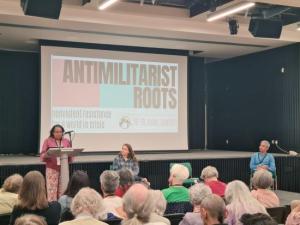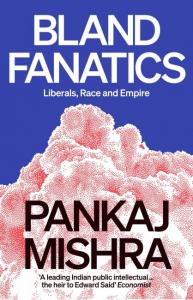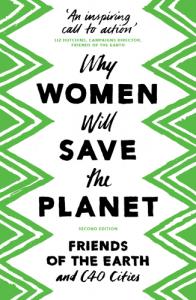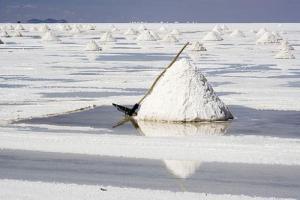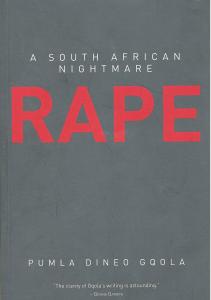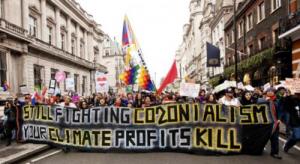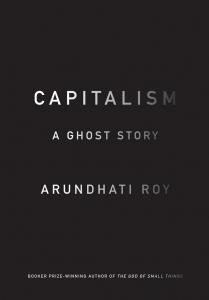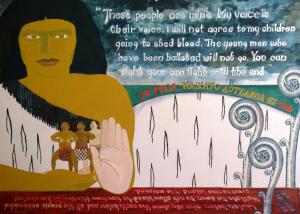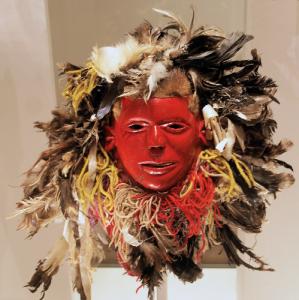[Lying on the Red Sea coast in North East Africa,] Eritrea is a former Italian colony, and it was federated to Ethiopia after Italy lost the Second World War to allied forces. Haile Selassie [emperor of Ethiopia from 1930 – 1974] broke the agreement by forcing Eritrea to be annexed. Therefore, in 1961, the 30-year war for independence broke out, this became the longest conflict in Africa.
Eritrea and Eritreans were isolated during the war of independence and the outlook of Eritreans…


